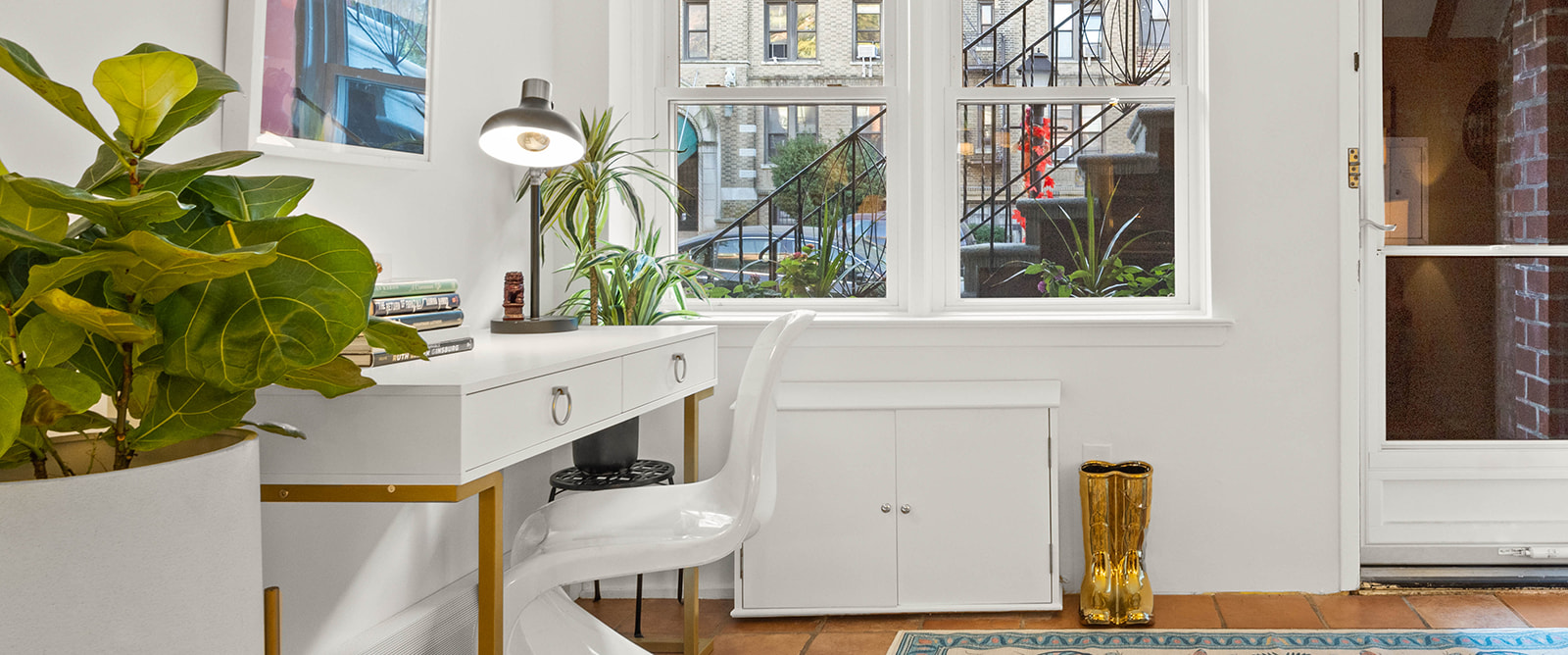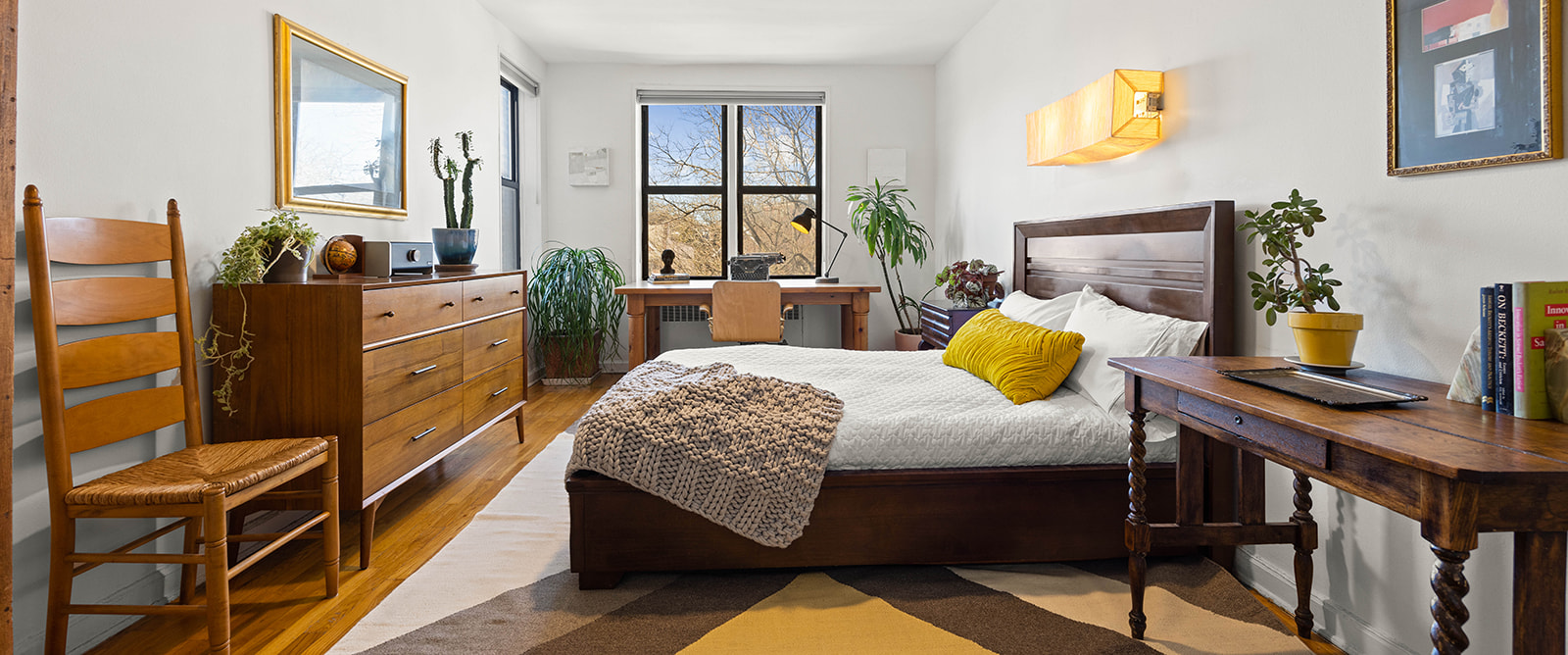
10 Questions for First-Time Brooklyn Homebuyers
Buying your first Brooklyn home is an exciting process that might seem a little intimidating. From understanding the competitive nature of the market to knowing what to expect at closing, there are many factors to consider.
To help you navigate this journey, we’ve answered 10 crucial questions to prepare you for a successful home-buying experience.
Understanding the Brooklyn Real Estate Market
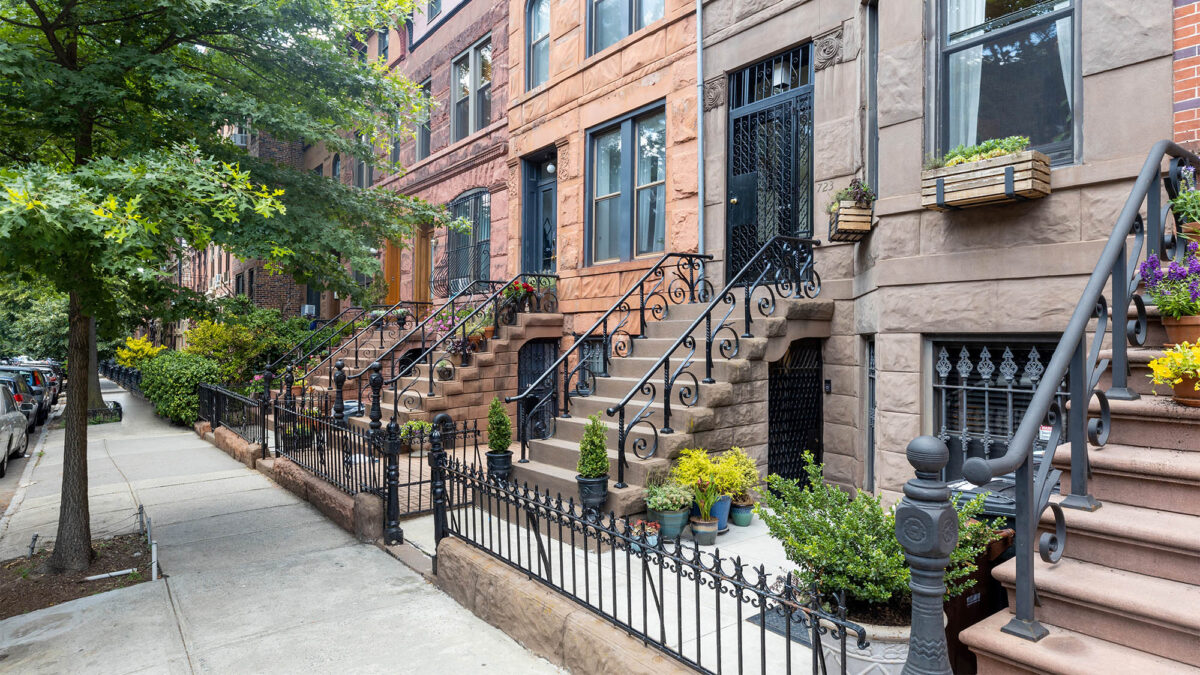
1. Is the NYC real estate market as competitive as people say?
The Brooklyn real estate market can be highly competitive! Be prepared to act swiftly when you find a property you like and prepare a competitive bid with your real estate agent’s guidance. If possible, waive any viable contingencies to increase your chances of success.
2. In a competitive Brooklyn market, are there any steps I can take to be proactive in my home search?
Yes, there are a few steps you can take to be proactive as a homebuyer:
- Secure a formal pre-approval letter from a reputable mortgage banker
- Based on your recent tax returns, income and credit, they’ll provide you with a letter with the amount a bank would be willing to loan you
- Determine your actual budget and plan to have a minimum of 10% of the purchase price available for a down payment on a condo, and 20% or more for most co-ops and townhouses
- Consider a realistic timeline which typically takes around 60-120 days from offer to closing
Visit our buying page for more details on how to be proactive.
Working with Real Estate Agents and Mortgage Lenders
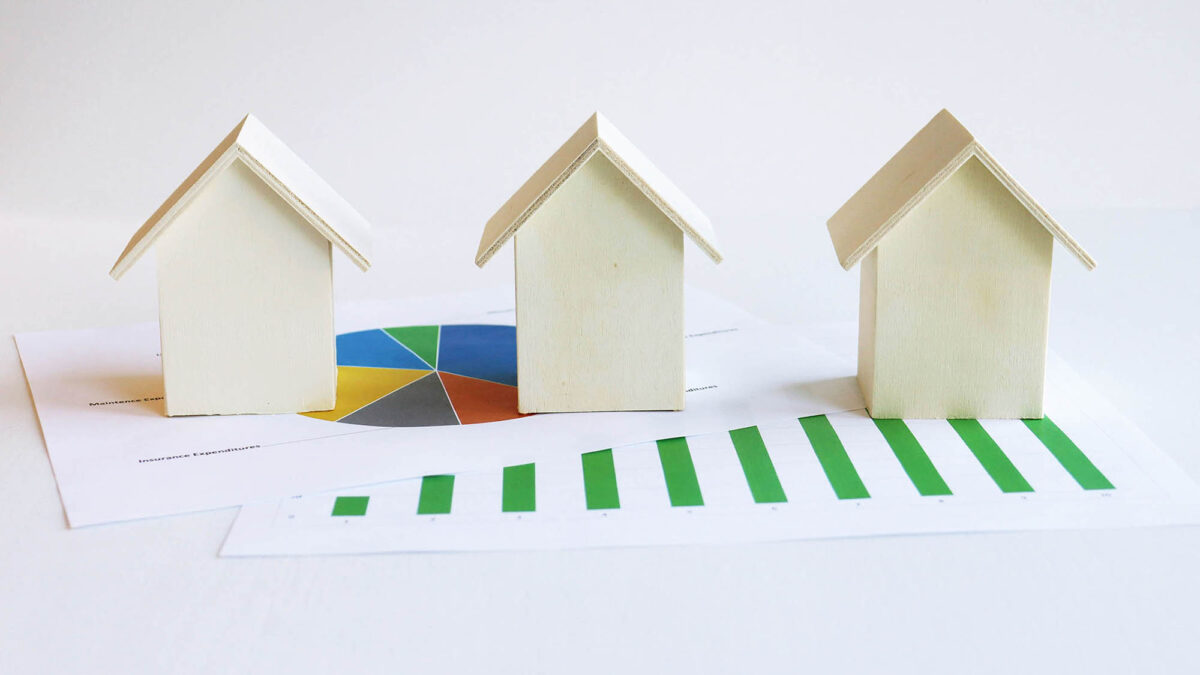
Photo by Buyandrent
3. How can hiring a Brooklyn real estate agent benefit me as a homebuyer?
The right Brooklyn real estate agent can provide you with professional advice on where to start your home buying journey. Agents can guide you in:
- Securing a formal pre-approval letter from a mortgage banker
- Understanding down payments
- Assessing how realistic your dream home wish list is within various neighborhoods
Experienced agents use their deep understanding of local market shifts, neighborhood know-how, and the ins and outs of co-ops, to give you a clear picture of what you might find within your budget and how to navigate your purchase.
Agents can save significant time in your home search and guide you in making an informed offer when the time is right. They know which questions to ask to position your bid in the best possible light and understand what it takes to win a negotiation.
4. What will I need to qualify for a mortgage in Brooklyn?
Qualifying for a mortgage in Brooklyn involves meeting certain criteria set by lenders. Key factors lenders typically consider when evaluating your eligibility for a mortgage are:
- Credit score (higher scores lead to more favorable loan terms)
- Income and employment (consistent income and future earning potential)
- Debt-to-income ratio (percentage of your gross monthly income that goes toward paying household debts; the lower the better)
- Amount you can put down as a down payment
- Property appraisal to ensure the home is worth the loan amount
- Loan-to-value (LTV) ratio
- Comparing the loan amount to the property’s appraised value
- Documentation verifying your income and financial stability
- Stable employment
- Credit histories
A loan officer can provide personalized guidance based on your financial situation and will help you understand requirements specific to Brooklyn to determine the best mortgage options for your needs.
Evaluating Properties and Future Investment Value
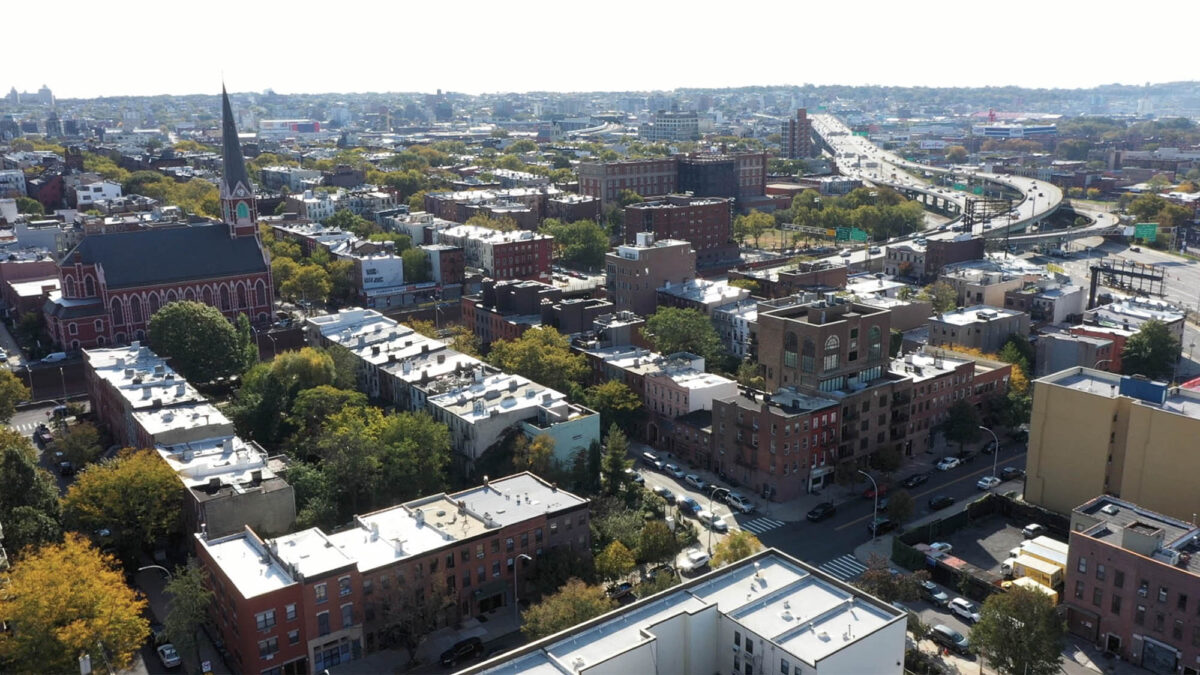
5. What factors should I have in mind when considering a Brooklyn property’s potential resale value?
To consider the potential resale value of a Brooklyn home, review historical trends in appreciation for similar properties.
Factors that can impact future marketability include:
- Home location, size and layout
- School district
- Transportation access
- Overall financial and physical health of the building
- Zoning regulations
- Crime rates
- Neighborhood trends
- Future developments
- Nearby amenities
6. Can a real estate agent help me understand the differences between Brooklyn co-ops, condos and cond-ops?
An expert real estate agent can help walk you through the differences between Brooklyn co-ops, condos and cond-ops—and you should also check out this blog we wrote on the topic. Agents can speak to the benefits of buying or even renting each, as well as the screening processes, and maintenance fees, common charges or real estate taxes involved.
7. If I’m considering buying in a co-op or condo in Brooklyn, what are some types of board requirements I should be aware of?
When buying in a Brooklyn co-op or condo building, expect to carefully review the house rules, bylaws, purchase application requirements and any alteration agreements.
Some buildings have strict guidelines regarding purchasers’ finances, a minimum down payment, subletting, pets and renovations. A real estate professional can help explain these requirements and guide you through the paperwork.
Offers, Inspections and Closing
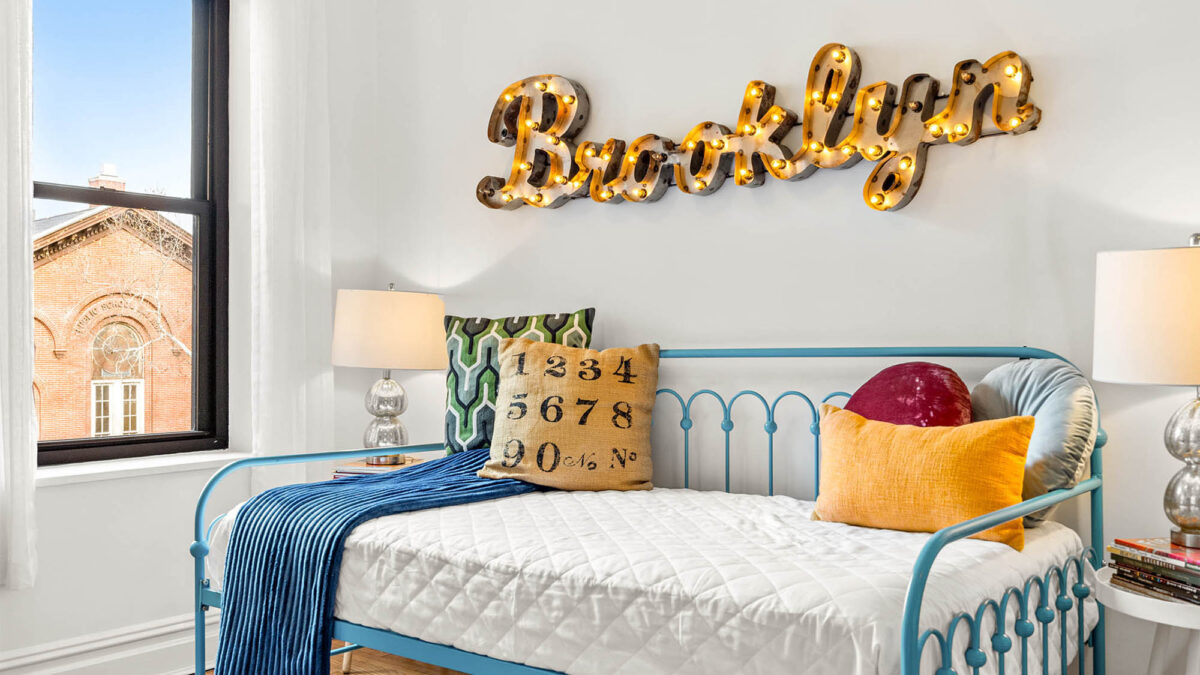
8. What do home inspectors look at when inspecting a Brooklyn home?
A professional home inspector should assess the property’s overall condition including:
- Structural elements
- Plumbing
- Electrical systems
- Water damage
- Termite or rodent infestations
- Any other potential issues
This can help you identify any hidden problems before finalizing your Brooklyn home purchase.
9. Why might a Brooklyn seller reject my home offer?
A Brooklyn seller might reject your home offer for several reasons, such as:
- Offer Price: If your offer is significantly lower than the asking price or perceived market value, the seller may decline it outright.
- Contingencies: Sellers often prefer offers with fewer contingencies. If your offer includes conditions such as financing contingencies and there are uncertainties about securing a mortgage, a seller may favor a more secure, contingency-free offer.
- Closing Timeline: If your proposed closing timeline doesn’t align with the seller’s preferences, they may reject your offer in favor of a timeline that better suits their needs.
- Viability: In the case of co-ops, the seller may be concerned that their board will deny your application based on strict rules regarding debt-to-income ratio, post-closing liquidity, length of employment, or specific restrictions like pets or noise concerns (e.g., if you’re a musician).
- Multiple Offers: If there are multiple offers, the seller may choose one that’s more favorable in terms of price, terms or fewer contingencies.
Presenting an offer that addresses these potential concerns can improve your chances of acceptance.
10. When buying a Brooklyn home, how can I prepare for closing?
You can start by familiarizing yourself with the closing process in Brooklyn, including necessary paperwork, fees and timeline, based on the specific product you are purchasing. Work closely with your real estate attorney and agent to ensure a smooth process.
How to Empower Your Brooklyn Homebuying Process
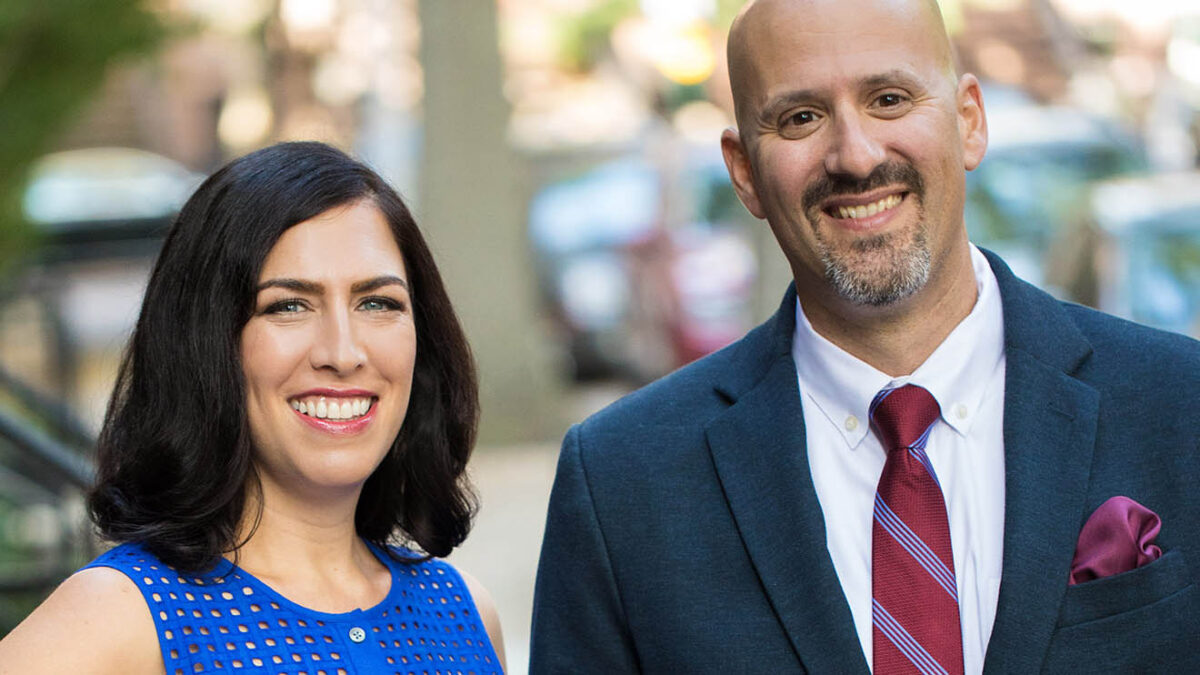
Buying your first home in Brooklyn can be challenging, but with the right preparation and guidance, it becomes much more manageable.
A knowledgeable real estate agent is an invaluable resource throughout the process—whether it’s:
- Helping you understand the competitive market
- Guiding you through property evaluations
- Negotiating on your behalf
- Or ensuring a smooth closing
By addressing these key questions and partnering with an experienced agent, you’ll be well-equipped to make informed decisions and secure the Brooklyn home of your dreams.
Need help finding your Brooklyn dream home?
Contact an agent today

